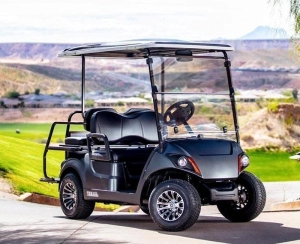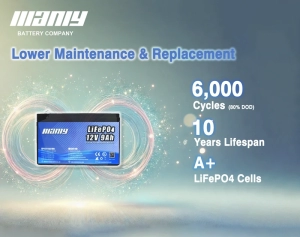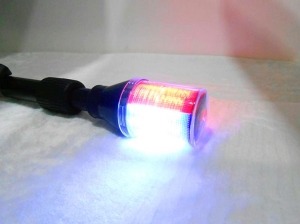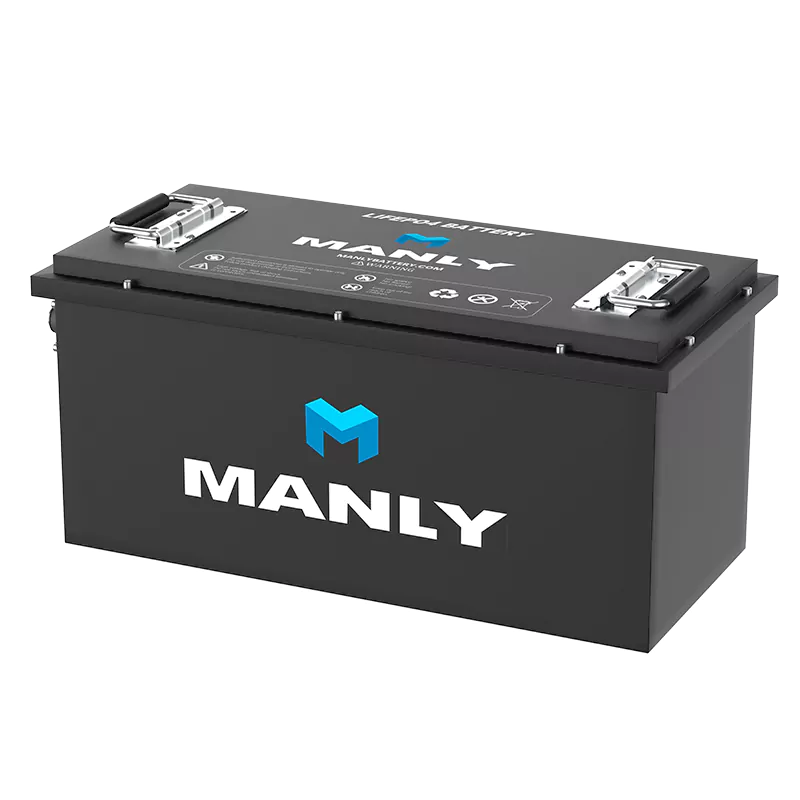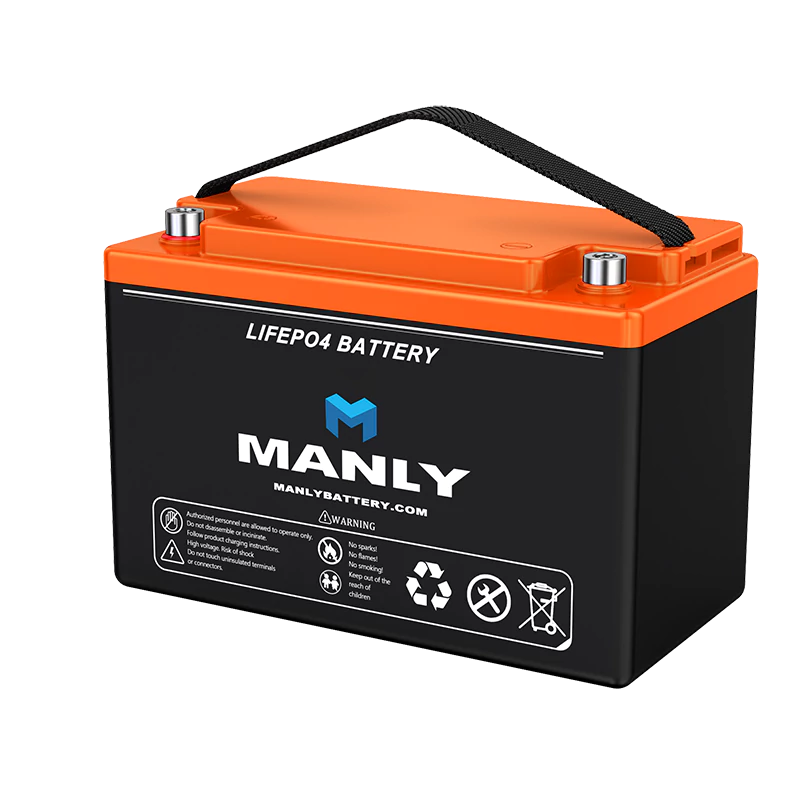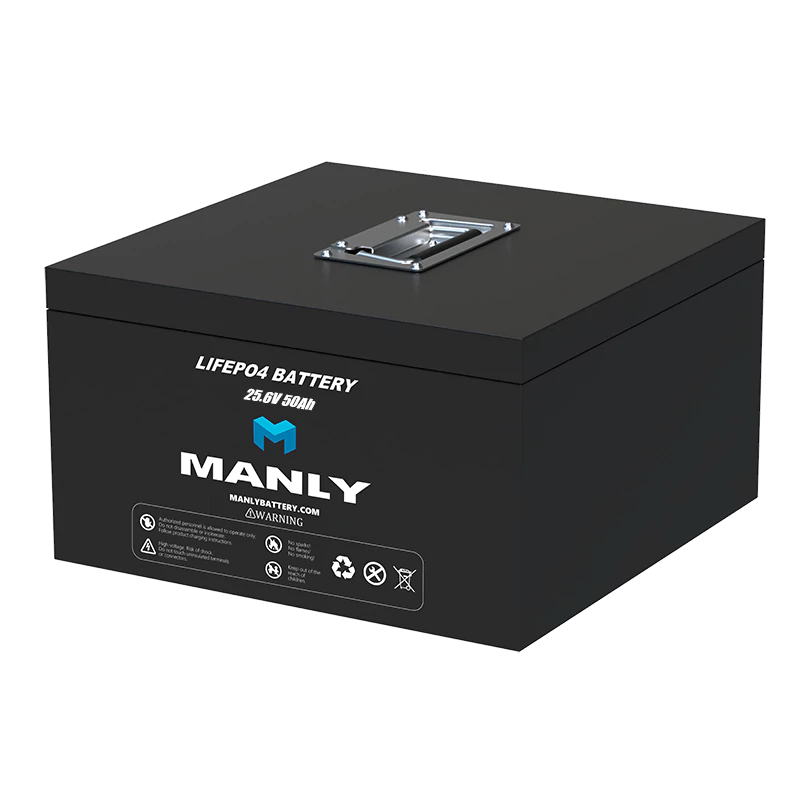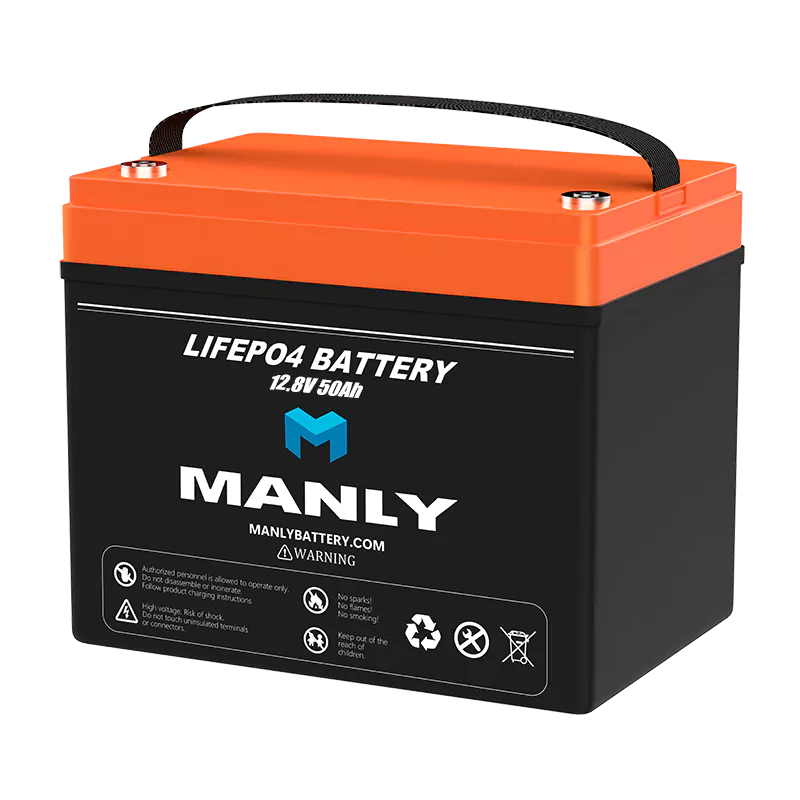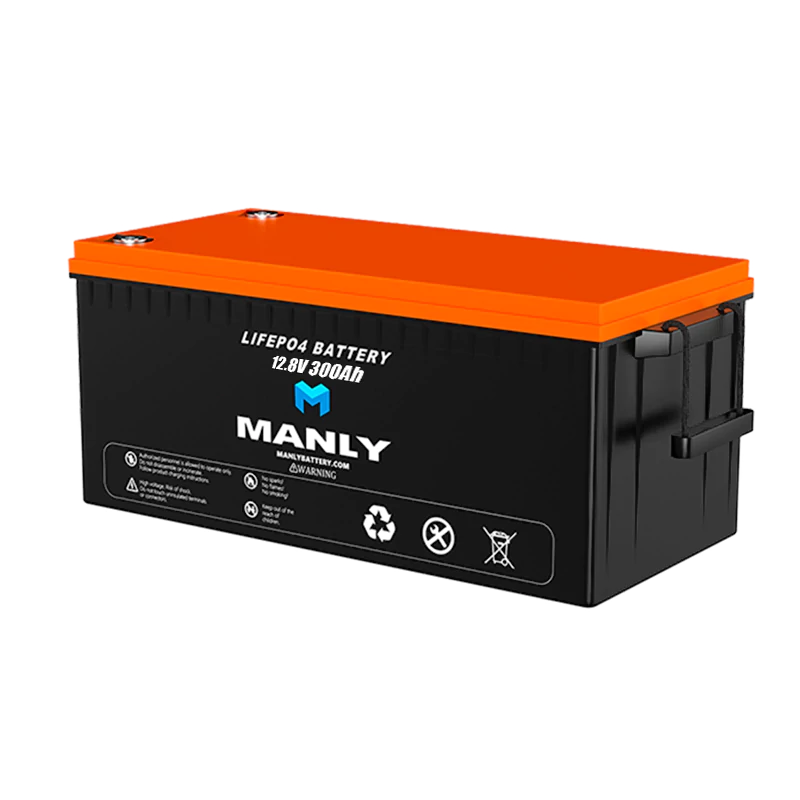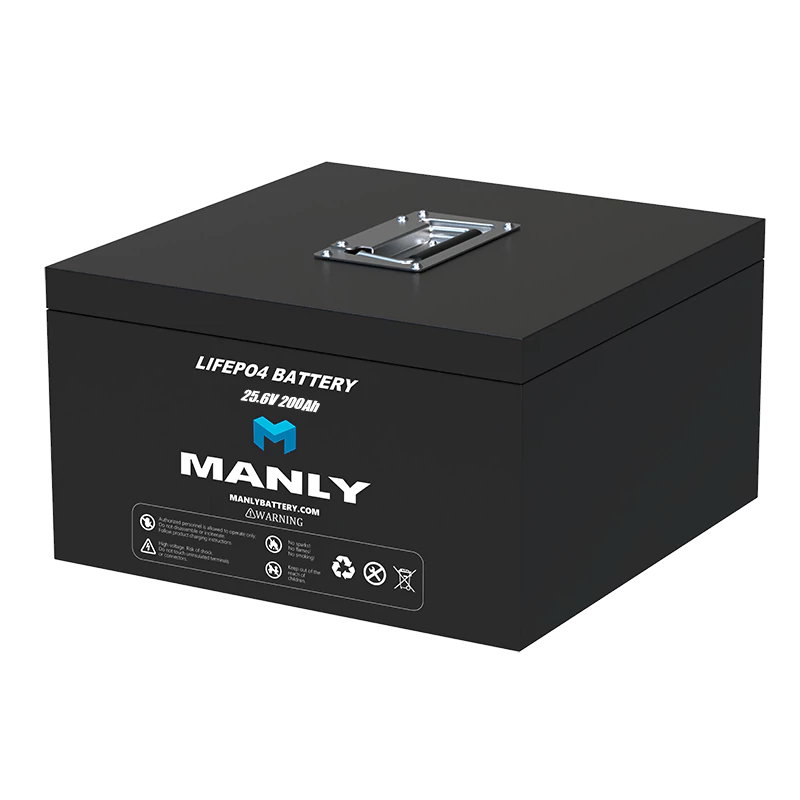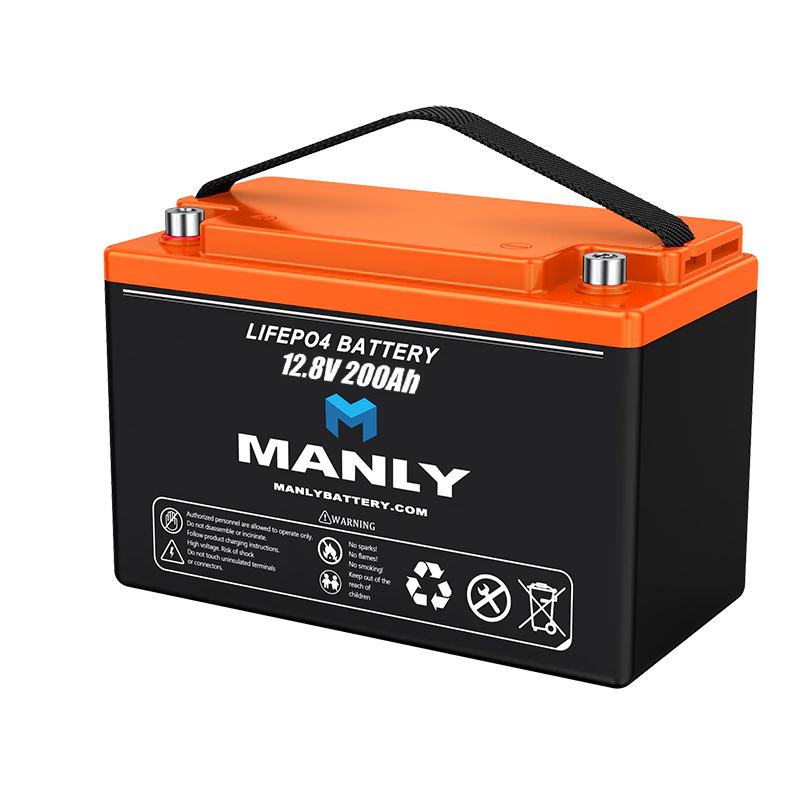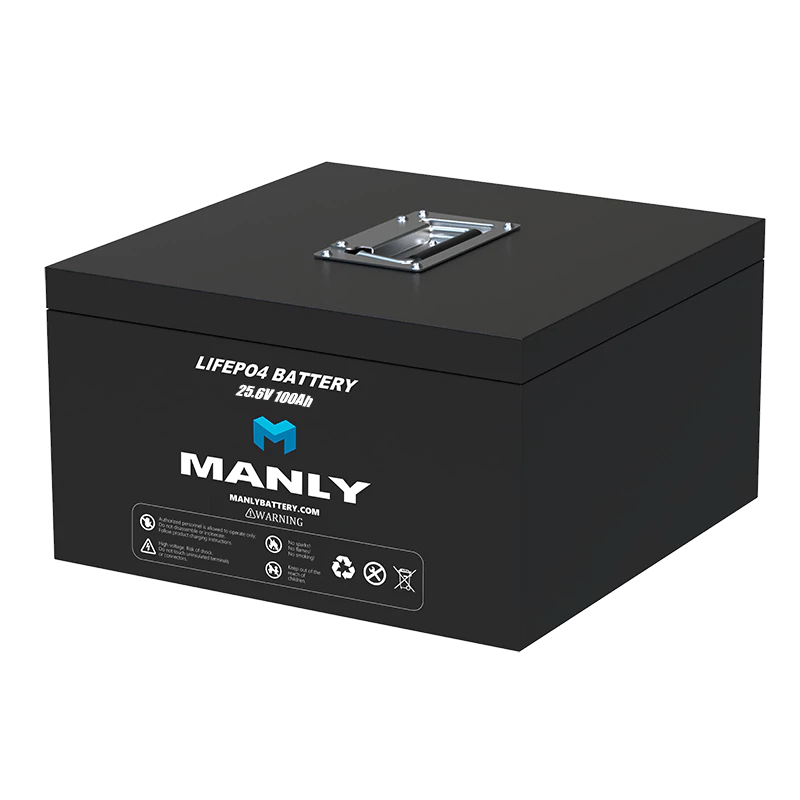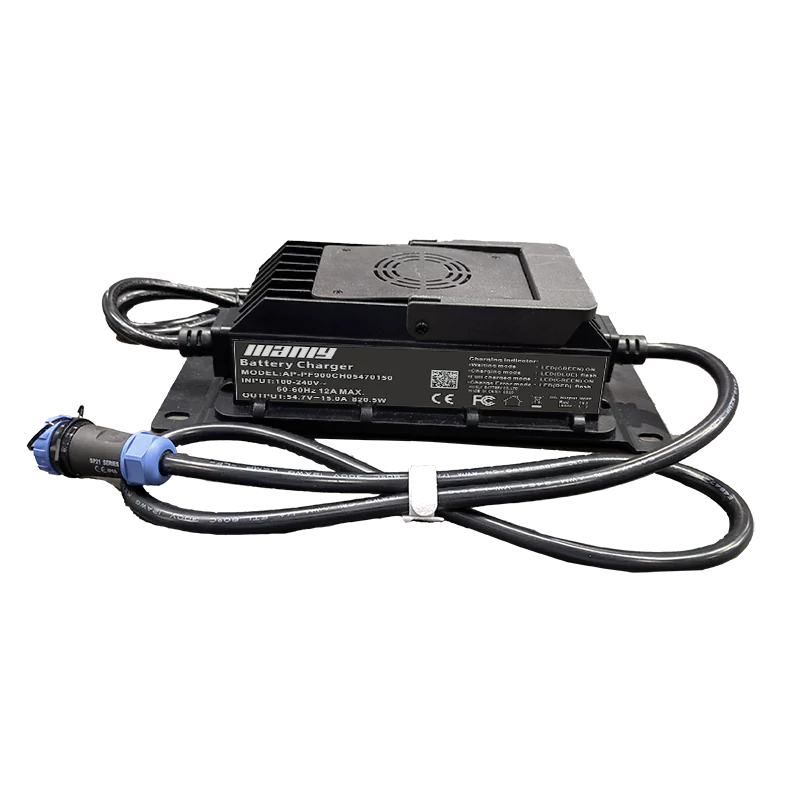Electric Vs Propane Forklift: Choosing the Right Option in 2024
Table of Contents
When selecting the ideal forklift for your operations, the choice between electric and propane-powered models is crucial. Each type offers distinct advantages and challenges that can significantly impact your daily operations. This comparison aims to provide a comprehensive overview of both electric and propane forklifts, focusing on their environmental impact, operational efficiency, cost implications, and overall suitability for various industrial tasks. By understanding the pros and cons of each, businesses can make informed decisions that align with their operational needs, budget constraints, and sustainability goals.
Electric Vs Propane Forklift: Electric Forklifts Pros & Cons
Benefits of Electric Forklifts
Electric forklifts offer substantial advantages, especially in terms of environmental impact, operational efficiency, and maintenance requirements.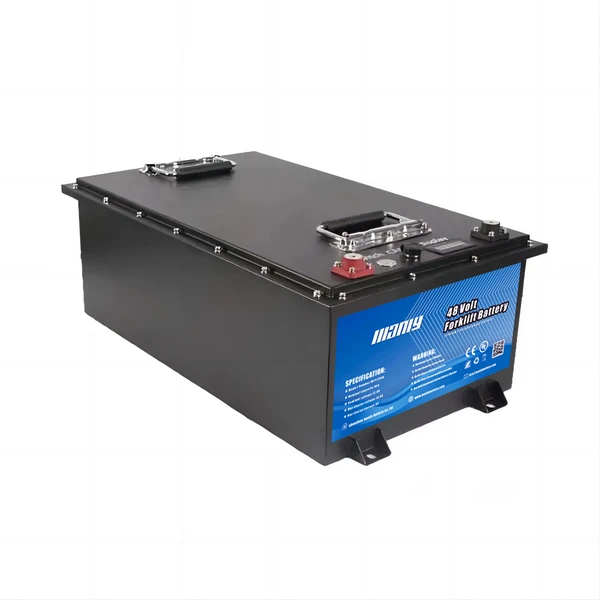
Environmental Benefits
No Emissions One of the major benefits of electric forklifts is their zero emissions. This feature is particularly advantageous in sensitive environments such as food processing or pharmaceutical sectors. Additionally, many electric forklifts are now equipped with lithium ion forklift batteries, which provide higher energy efficiency and longer life spans compared to traditional batteries. This results in less frequent replacements and lower waste, further reducing the environmental footprint. For the best lithium ion forklift batteries, consider MANLY Battery, China's leading battery manufacturer, known for outstanding quality and durability.


